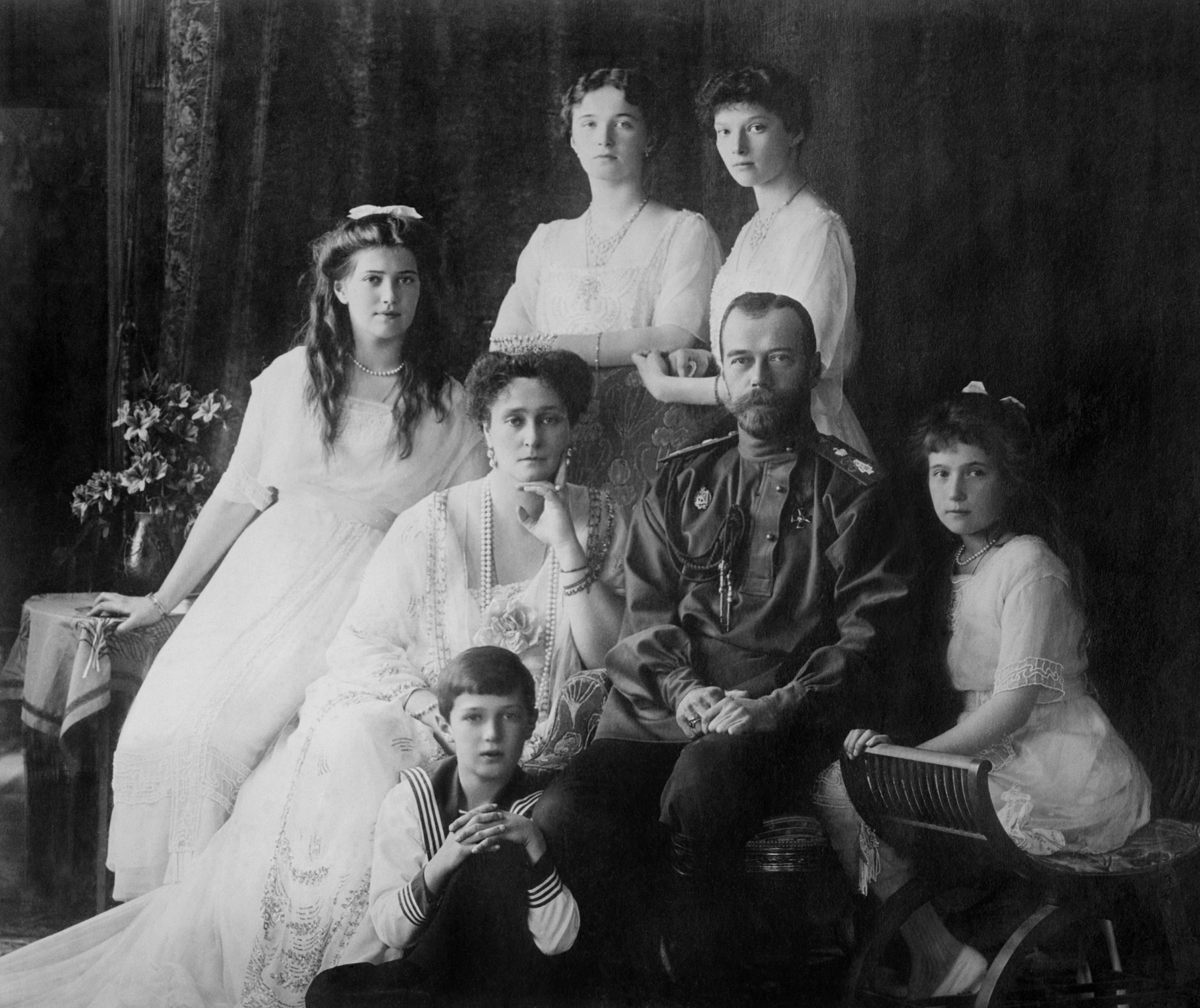Nicholas II (1868-1918), the last czar of Russia, ruled from 1894 to 1917. A member of the Romanov line of rulers, he succeeded his father, Alexander III. Nicholas believed a czar must have absolute power and opposed parliamentary government. He possessed great personal charm but lacked the vision of a strong leader.

Nicholas was born in St. Petersburg on May 18, 1868. During his reign, industry developed rapidly in Russia. Literature, science, and other branches of learning also made impressive gains. But the middle class increasingly felt the monarchy was out of touch with the needs of the new industrial society. Workers in the cities became dissatisfied with living and working conditions.
Meanwhile, Nicholas attempted to expand Russian territory in Asia. This effort led to the Russo-Japanese War (1904-1905), which Russia lost. The war sharpened dissatisfaction with the government, and the people revolted in 1905. Workers joined with peasants and intellectuals to force Nicholas to grant reforms. He agreed to establish an elected legislature and granted the people civil liberties.
Beginning in 1906, Nicholas’s government expanded public education, gave workers some insurance against illness and injury, and allowed peasant families to assume ownership of the village land they were farming. But these reforms were interrupted by the outbreak of World War I in 1914. Nicholas’s approval of a buildup of Russian troops along the country’s borders with Germany and Austria-Hungary helped trigger the war.
Russia suffered severe losses in World War I. In 1915, Nicholas assumed direct command of the army. As a result, the people blamed him for Russia’s military failures. Many Russians also unjustly accused Alexandra, his German-born wife, of treason. These problems and shortages of food and fuel led the people to revolt in March 1917. Nicholas lost all political support, and he gave up his throne on March 15.
In November 1917, revolutionaries called Bolsheviks (later known as Communists) seized power. They imprisoned Nicholas and his wife and children in Yekaterinburg in the Ural Mountains and killed them there on July 17, 1918.
In 2000, the Russian Orthodox Church canonized (declared as saints) Nicholas and his family. They were canonized along with 860 others who were killed by the Bolsheviks.
